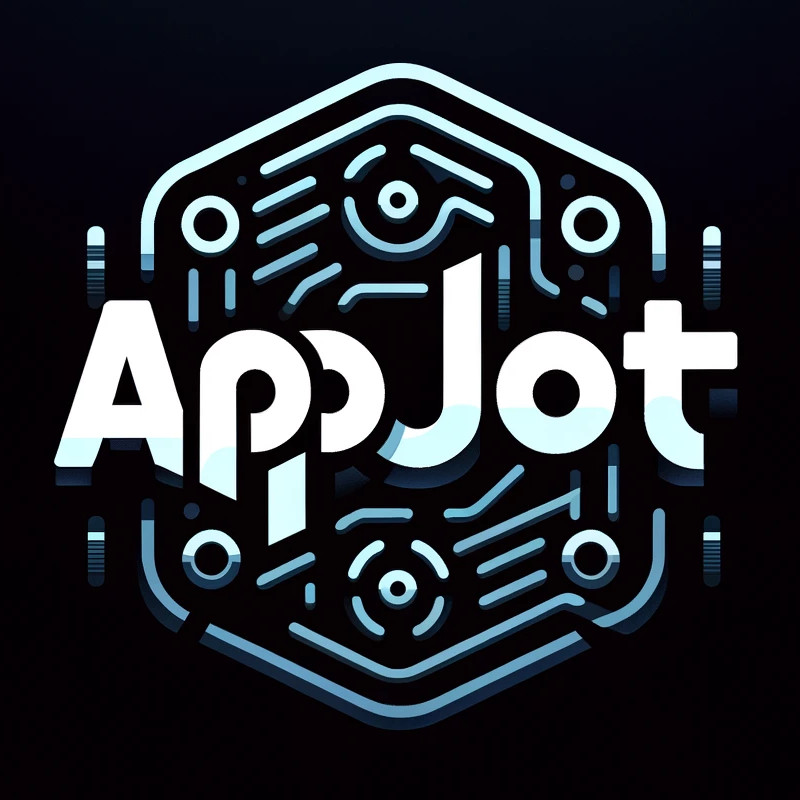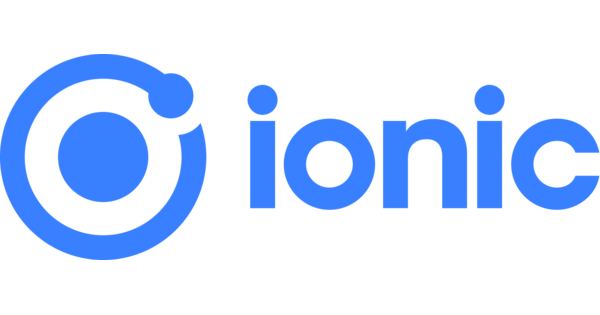In a world teeming with mobile applications, the race to deliver a seamless, cross-platform experience is fierce. Amidst the clamor for native performance and the push for rapid development, a beacon of hope shines for developers and businesses alike: the Ionic Framework. This open-source UI toolkit for building high-performance, high-quality mobile and desktop apps using web technologies has revolutionized the way we think about app development. But what exactly makes Ionic stand out in the crowded space of mobile app development frameworks? Let’s delve in.
Introduction to Ionic Framework
Ionic: Bridging the Gap Between Web and Mobile
Ionic emerged as a game-changer in the realm of mobile development by offering a blend of native and web app elements. Built on top of Angular, Ionic provides developers with a rich set of tools and components to create feature-rich applications. What sets Ionic apart is its ability to compile apps using web technologies – HTML, CSS, and JavaScript – into native code for multiple platforms, including iOS, Android, and the web.
The Core Advantages of Ionic Framework
Cross-Platform Development with Ease
One of the standout features of Ionic is its “write once, run anywhere” philosophy. By utilizing web technologies, developers can create a single application that performs seamlessly across multiple platforms. This cross-platform capability means significantly reduced development time and costs, as there’s no need to write and maintain separate codebases for each platform.
A Rich Library of Pre-Styled Components
Ionic comes equipped with a vast array of pre-designed components and plugins that mimic native functionality and aesthetics. These UI components are easily customizable and can adapt to the platform-specific design language, whether it’s Material Design on Android or Cupertino on iOS, ensuring a native-like look and feel.
Performance that Rivals Native
While hybrid frameworks have historically been criticized for lagging behind native apps in terms of performance, Ionic has made considerable strides to close this gap. By leveraging modern web APIs and optimizing for mobile, Ionic applications can achieve performance that is often indistinguishable from their native counterparts.
Seamless Integration with Angular and Other Frameworks
Originally built on Angular, Ionic benefits from the robust features and structure that Angular provides, such as dependency injection and modular development. However, Ionic has evolved to support other popular frameworks like React and Vue, or even work without a framework using Vanilla JavaScript.
Robust Ecosystem and Community Support
Ionic is backed by a strong community of developers and enthusiasts who continuously contribute to its ecosystem. From plugins to themes, the Ionic Market is a treasure trove of resources. Additionally, the community provides extensive support through forums, social media, and various online platforms, making troubleshooting and learning easier.
Enterprise-Grade Support and Solutions
For businesses that require additional assurance and capabilities, Ionic offers enterprise-grade support and solutions. This includes priority support, advisory services, and access to advanced features and security measures that are crucial for large-scale applications.
Overcoming Challenges with Ionic
Despite its many benefits, Ionic, like any framework, has its challenges. Criticism often revolves around performance issues for complex animations and high-end graphics compared to native apps. Moreover, since Ionic relies on web technologies, it can be subject to the limitations of web views and browser capabilities on different devices. However, with constant updates and a focus on performance, Ionic is actively overcoming these hurdles, ensuring it remains a competitive choice for developers.
Conclusion: Why Ionic Stands Out
As the landscape of mobile development continues to evolve, Ionic Framework holds its ground as a formidable force in the arena. By combining the familiarity and ease of web technologies with the power of native performance, Ionic enables developers to craft beautiful, high-quality applications that stand the test of time and technology. Its cross-platform agility, vibrant community, and continuous improvements solidify its position as a top choice for developers and businesses aiming to create applications that resonate with users across the globe. Whether you are a seasoned developer or just starting out, Ionic offers a pathway to bring your mobile aspirations to life with confidence and creativity.

